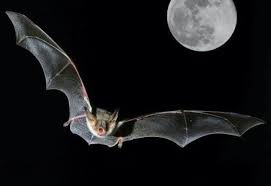Five million tons of bushmeat is consumed annually in Central Africa. In the Democratic Republic of Congo alone, a million prey are captured and killed, while in Ghana over 100,000 bats are cooked. In large regions of the continent, the population sees the forest as the most convenient place to get food. For those who live in poor and isolated villages, game is the only source of protein; for some, hunting and selling meat serves to supplement their meager earnings.
In African metropolises, eating habits have not changed much and the demand for bushmeat, bushmeat, is growing, in parallel with the demographic boom. On the outskirts of Nairobi, Kampala or Abidjan the streets are teeming with street vendors selling roasted antelope legs or monkeys. For the new middle class, buying crocodile or hippo meat is a status symbol. In Kinshasa and Lagos there is no shortage of markets specialized in the sale of game. Even in Western cities like London and New York, the demand for African game is on the rise. There are even restaurants that have made the “wild menu” the key to their success: in refined locations they serve steamed snakes, anteater stews, roast chimpanzees, caterpillar skewers and birds.
The game trade has become a multi-million dollar business that worries scientists and conservationists. The reasons are well known: researchers have now ascertained that African game is a powerful vehicle for the transmission of deadly viruses (Ebola, for example) to humans. It is no coincidence that hunters and their families are the first victims of the epidemics that periodically break out in the middle of the forest.
Then there is an environmental emergency: man is literally emptying the forests
